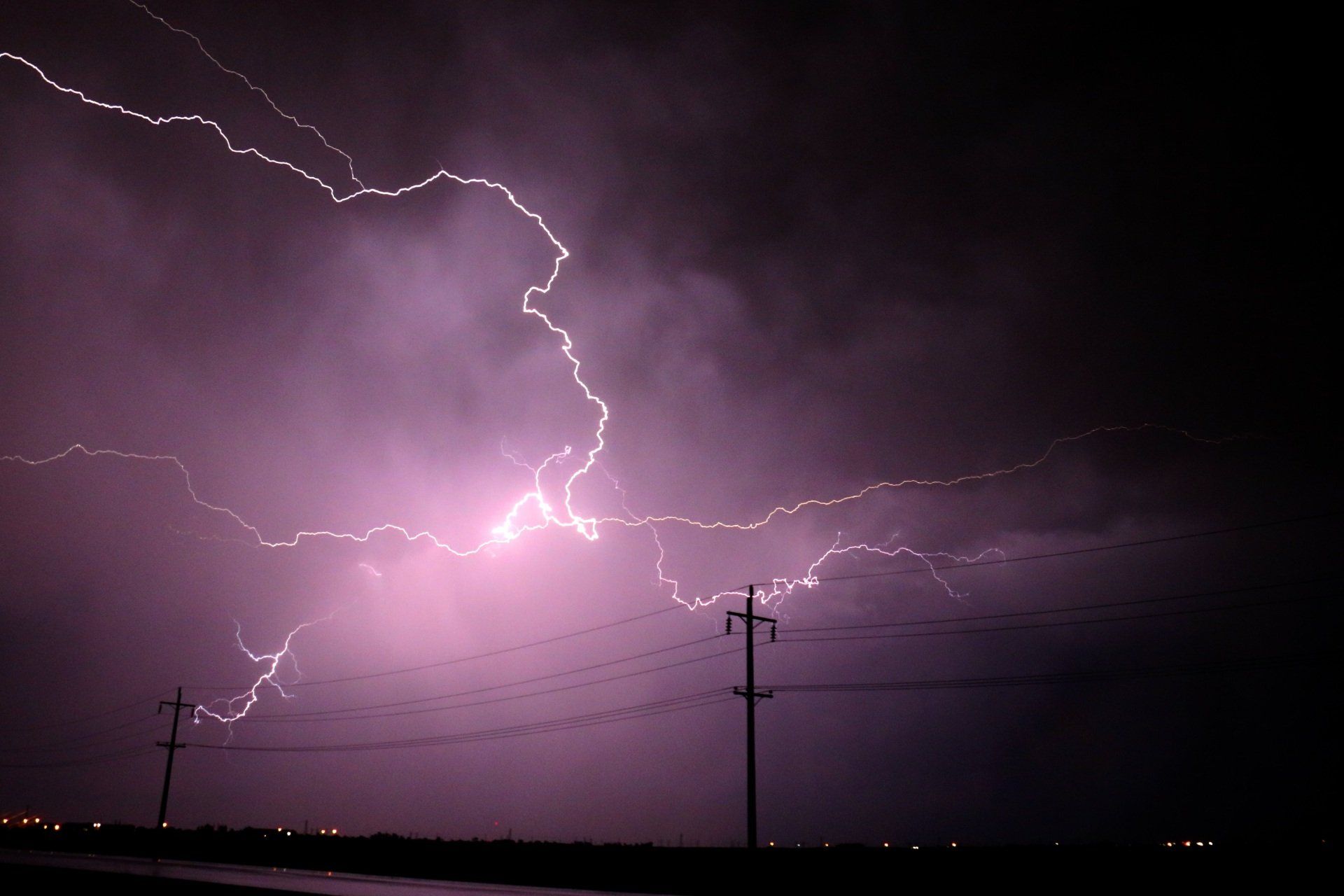New EPA Rules Narrow Scope of Clean Water Act
The recent regulatory changes by the Environmental Protection Agency (EPA) and the Department of the Army to amend the definition of federally protected "waters of the United States" represents a significant change in environmental law, particularly concerning waterways and wetlands. This modification comes in response to the U.S. Supreme Court ruling in Sackett v. EPA in May, which narrowed the scope of the Clean Water Act (CWA) and consequently, the EPA's authority to regulate such natural resources. (Read the Supreme Court's opinion: Sackett v. Enviornmental Protection Agency et al.).
For years, real estate developers and environmental groups have engaged in a contentious debate over the Clean Water Act's scope. The 1972 Act was initially designed to safeguard the country's waterways and wetlands. A pivotal interpretation came in 2006, when the Supreme Court posited that wetlands would fall under federal protection if they had a "significant nexus" to major water bodies. However, this year's Supreme Court decision in the Sackett case rolled back this interpretation. The EPA's new rule removes this "significant nexus test," thereby reducing the range of waterways and wetlands under federal protection.
Justice Samuel Alito, writing the decision for Sackett v. EPA, clarified that the term "navigable waters" as regulated by the EPA under the Clean Water Act does not include many regulated wetlands. According to Justice Alito, the law now encompasses only streams, oceans, rivers, lakes, and wetlands that have a "continuous surface connection" to those larger bodies of water.
The EPA has announced that this new rule will take immediate effect to align federal regulations with the recent Supreme Court decision. Consequently, the responsibility for the protection of many waterways and wetlands will now devolve to the states and their agencies, such as the Alabama Department of Environmental Management (ADEM).
Environmental advocacy groups such as American Rivers and the National Wildlife Federation have expressed concerns that this retraction in federal oversight could leave communities more vulnerable to pollution and flooding. They argue that the Sackett decision severely restricts the government's ability to shield small streams and wetlands, which play crucial roles as sources of drinking water and buffers against extreme weather events. On the other hand, some business groups contend that the EPA's amendments do not go far enough in limiting federal regulatory reach, thereby failing to fully comply with the Supreme Court's guidelines and the original intent of the Clean Water Act.
The EPA's rule change has far-reaching implications for environmental protection and regulation, raising serious concerns about the potential degradation of water quality, weather event buffers, and natural wildlife habitats, pushing the onus of protection increasingly onto state governments and state agencies. Groups are now suggesting that a legislative response to the decision may be necessary to resolve the tensions between federal and state responsibilities, as well as between environmental and business interests.
MORE ALABAMA INJURY LAW NEWS






OUR LAW FIRM IS HERE TO HELP
Contact our Birmingham, Alabama Injury Lawyers Today for Legal Help
Have you or a family member recently been injured in an accident in Alabama? Contact Snable Stevenson & Silva for immediate legal assistance and advice. You may be able to pursue compensation for your medical bills, lost wages, and other expenses. Our qualified Alabama injury lawyers can help you fight to secure a full and fair award.
We offer a free case evaluation and consultation. Contact our law office in Birmingham, Alabama to schedule yours today. If you can’t come to us, we can arrange a time to visit you. Consultations can be arranged at the hospital, your home, or even your place of business. There’s a limited amount of time to act, so give us a call to get started today.
FREE CASE EVALUATION
GET STARTED
Thank you for submitting a request.
Our team will follow up with you as soon as possible.
There was an error sending your message.
Please try again later.
(800) 266-0877 • attorneys@snablestevenson.com
(205) 582-8000 • 2737 Highland Ave South, Birmingham, AL 35205
(901) 474-2900 • 1545 Union Ave, Memphis, TN 38104
This website is an advertisement for legal services. No representation is made that the quality of the legal services to be performed is greater than the quality of legal services performed by other lawyers. Use of this website signifies your agreement to the Terms of Use, Privacy Policy, and Form Disclaimer.
Snable Stevenson & Silva L.L.C.

